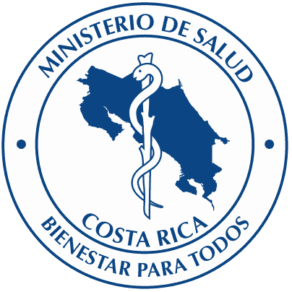More than 30% of teenagers in Costa Rica are considered overweight or obese, according to a study released by the Ministry of Health.
The results are part of a survey conducted in 2018 of nearly 8,300 13- to 17-year-olds in Costa Rican schools. It shows that 21.1% of the country’s adolescents have a Body Mass Index (BMI) in the overweight range, while 9.8% fall within the obese range.
Those figures are consistent with a 2009 survey of children aged 5-12 and a significant rise from the 15% of children of the same age group who were overweight or obese in 1996.
Overall obesity figures among Costa Rica’s population have increased from 6.3% in 1975 to 23.7% in 2014.
“Adolescence is an important stage of life that offers a perspective for the adoption of future habits,” said the Minister of Health, Daniel Salas.
“The results of this study are important because they give us an approach to food consumption habits and physical activity levels of adolescents at the national level, which allows us to determine where to direct the possible initiatives by correcting habits brought from childhood and thus mitigating the negative effects on their health.”
While BMI can be used as a population-level assessment of overweight and obesity, the Centers for Disease Control of the United States says that at an individual level, BMI “can be used as a screening tool but is not diagnostic of the body fatness or the health of an individual.”
At a national level, the Ministry of Health’s 2018 survey found a prevalence of inactive lifestyles — 16% of adolescent respondents said they don’t participate in any physical activity, while 42% reported being sedentary for six or more hours on weekends.
In addition, 26.4% of Costa Rican teens consume fruits only once a week; 20% eat vegetables only once a week; and 20% drink at least two beverages with added sugar daily.
The Ministry of Health says it is implementing a nationwide program to promote physical activity. Organized by the Cantonal Networks of Physical Activity and Health (RECAFIS), the initiative is currently available in 13 cantons with hopes to expand nationwide in 2022.






